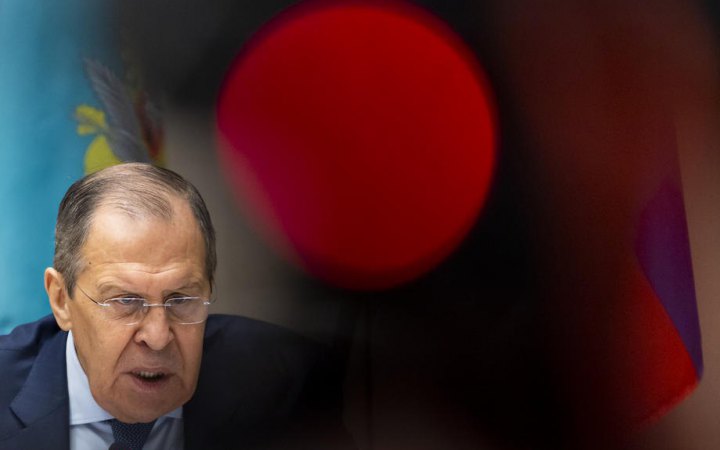Why did Russia start talking about the agreement
Let's start with an important question: why did Russia suddenly start withdrawing its troops from the Kyiv and Chernihiv areas, why did it change its tactics of warfare? There are several answers.
First, Russia has realized that it lacks the strength to recoup Left-Bank Ukraine, including Kyiv, Chernihiv, and all of its central parts. Moscow has realized that so far they can only try to capture Donbas and lead a land corridor south to the Crimea, ideally to capture Odesa to implement the Novorossiya project, which Putin mentioned on the eve of the war. This task is now the maximum for the russian leadership, but it may be impossible too. Why? Because, to do that, russian troops must surround and defeat the strongest Ukrainian group located in the east of our state, and it fights back against the enemy significantly and successfully. In addition, russian troops need to take several important cities and regional centers, which they will not be allowed to do.
Thus, a more tactical understanding of the current situation follows: it is difficult for the russian army to fight now, in such weather, in the north of Ukraine, when it is raining, snowing and frosts begin.
It is much easier to carry out attacks in the southeast of the country next month.
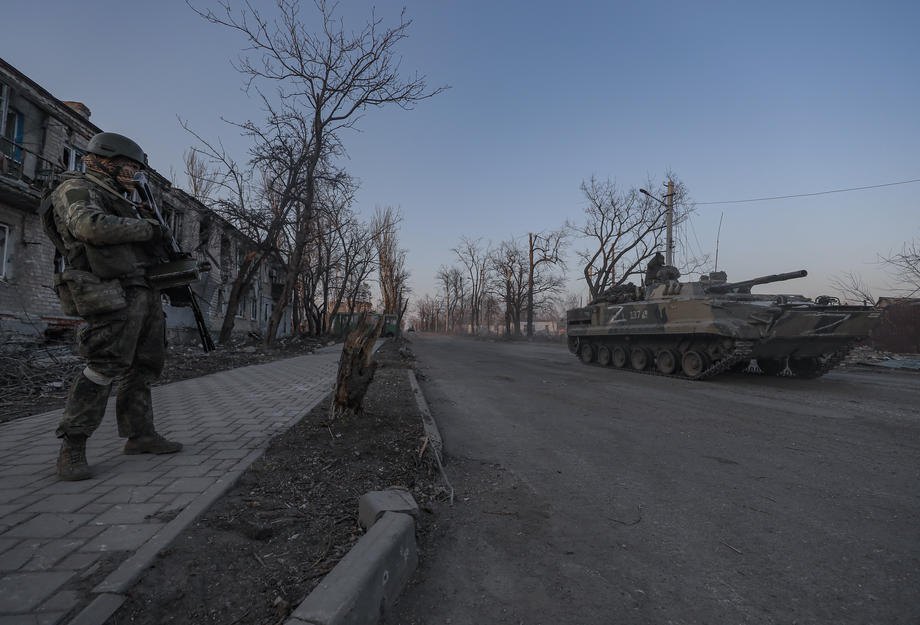
Фото: EPA/UPG
Russian troops in Volnovakha, 26 March 2022
Recently, Mykhaylo Podoliak, an adviser to the head of the President's Office, said: “There will be no ‘Afghanization’ and long, exhausting conflict for Russia, as one may expect. Russia will leave all territories except the south and the east, try to dig deep, put air defense, sharply reduce losses and dictate conditions”.
Neither Ukraine nor Russia needs the ‘Afghanization’, the protracted war that Podoliak mentioned. However, there can be no Afghan scenario in our country at all, which I wrote about for a long time before the start of direct hostilities.
In Afghanistan, the war was guerrilla, and in Ukraine, it is traditional - following the example of the big clashes of World War II. In Afghanistan, the Soviet and later American troops were deployed on a network of military bases (which is not the case in Ukraine-controlled territory). In the Asian country, patrols and protracted battles were fought with local forces - in our country, this is possible only in the Donbas and the Crimean direction.
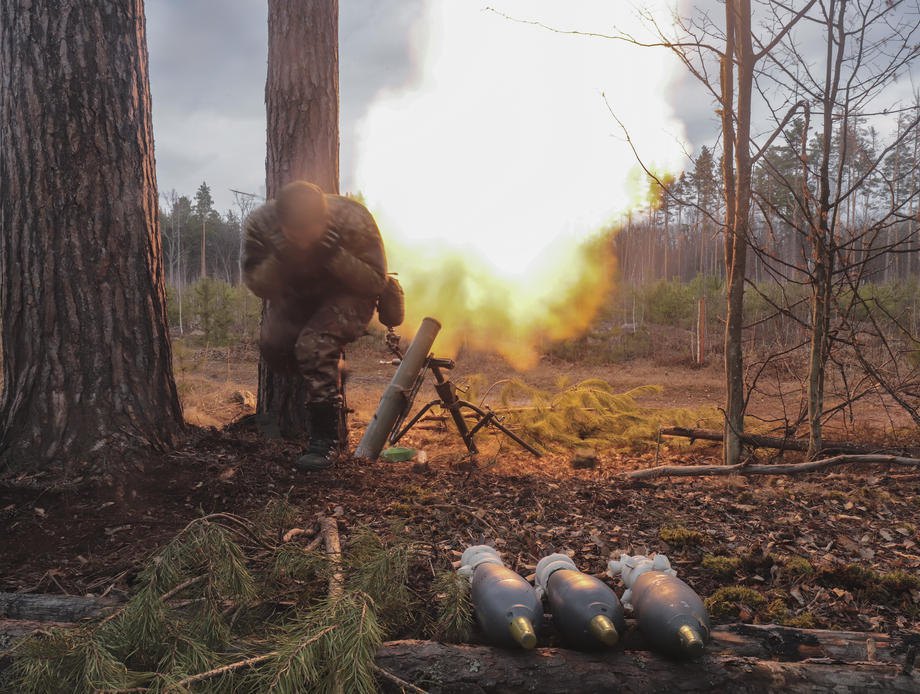
Фото: EPA/UPG
Ukrainian soldier fires a mortar near Kyiv, 30 March 2022
Second, and political, Russia wants to avoid further sanctions from the West, which threaten to block detours for the large Russian capital. The Kremlin did not expect two things - such fierce resistance from Ukrainians and harsh sanctions from the United States and its allies in Europe and Asia. Moscow wants to slow down this negative process.
On the other hand, the russian leadership needs to show its domestic consumer at least some illusion of victory - so they have to try to take all of Donbas and go to the southern Ukrainian border. Then it will be possible to justify the so-called special operation. It is no coincidence that in recent days the key russian propaganda resources have begun to write about a 'special operation to protect Donbas'.
Those who say that russian sociological research on russians’ support of the war does not matter, do not understand the political realities of Russia. And they are as follows: Putin needs to retain power now, he needs to extend his term after 2024, he needs his rating to be high, to be supported by society. Moreover, the kremlin leader understands that this level of support will allow mobilization if necessary and explain why the country has moved to the rails of a pure military economy with all the consequences.
And what about russians? We should not produce illusions: russian society massively supports the war and wants to destroy Ukraine in its current form.
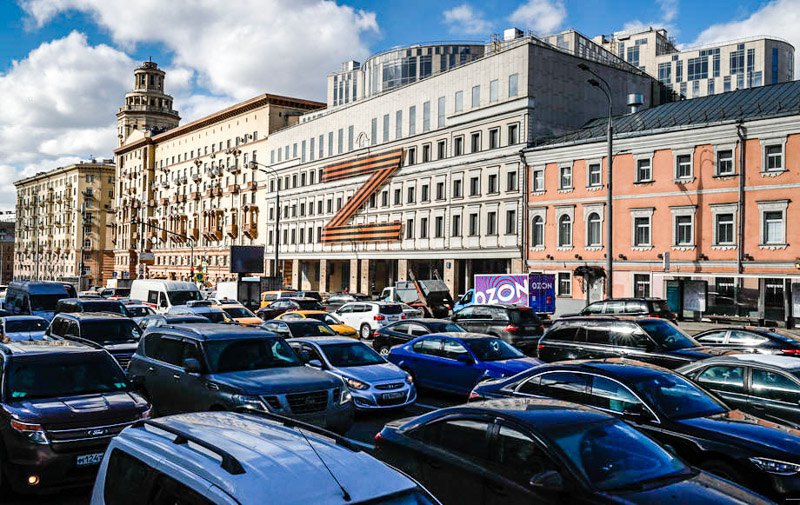
But russian government can shake if the east of Ukraine is not captured, and if the result is not achieved. Because those, whom Putin ‘nullified’ when he started the war, will raise their heads - and he nullified the conditional ‘middle class’ and some of the oligarchs, who could support the protests.
And so, to take a tactical military and political pause, Russia decided to get involved in the process of forming a peace treaty with Ukraine.
Problems of neutral status
There is a significant difference in the negotiating positions of Ukraine and Russia. Kyiv wants to end the war as soon as possible by pushing russian troops back to at least those territories that were occupied by Russia before February 24, 2022, before Putin declared a big war. And Moscow wants to prolong the negotiation process to improve its position, regroup and attack the southeast, slowing down the sanctions process (primarily by the European Union).
So far, we know the fragments of the proposals of the Ukrainian side. They should not be taken as a constant, because they will still change many times.
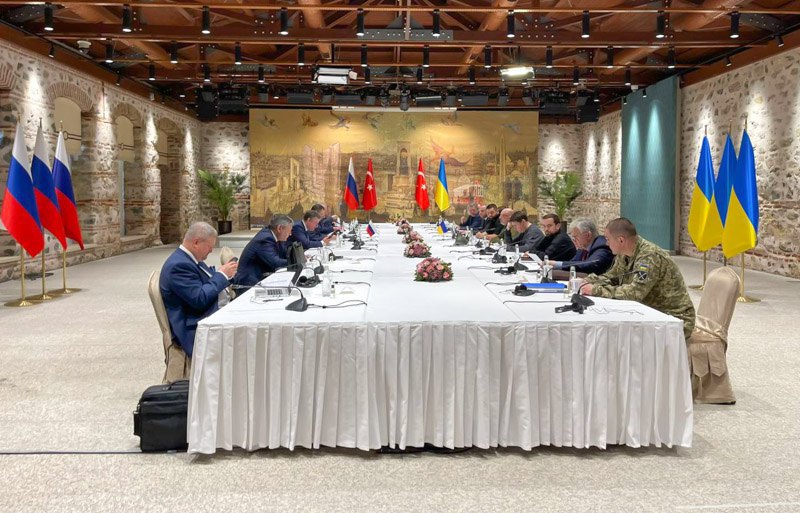
First of all, the leadership of Ukraine proposed to declare neutral status, refusing to join NATO, especially since the Alliance has made it clear that in the coming years it will not consider our country's membership.
However, this is the position of the Organization, it may change at a time when Russia weakens.
For neutrality, Ukraine is trying to get guarantees from Moscow and several capitals, and those that will be enclosed in an international agreement. According to the Office of the President, the commitments made by the guarantor countries will be no worse than Article 5 of the NATO Charter, which provides for collective protection in the event of an attack on one of the parties.
“We don’t believe in papers any longer. Security guarantees are when we have an effective document”, said President Zelensky in an interview with CBS.
There are many challenges at once, which are still worth mentioning.
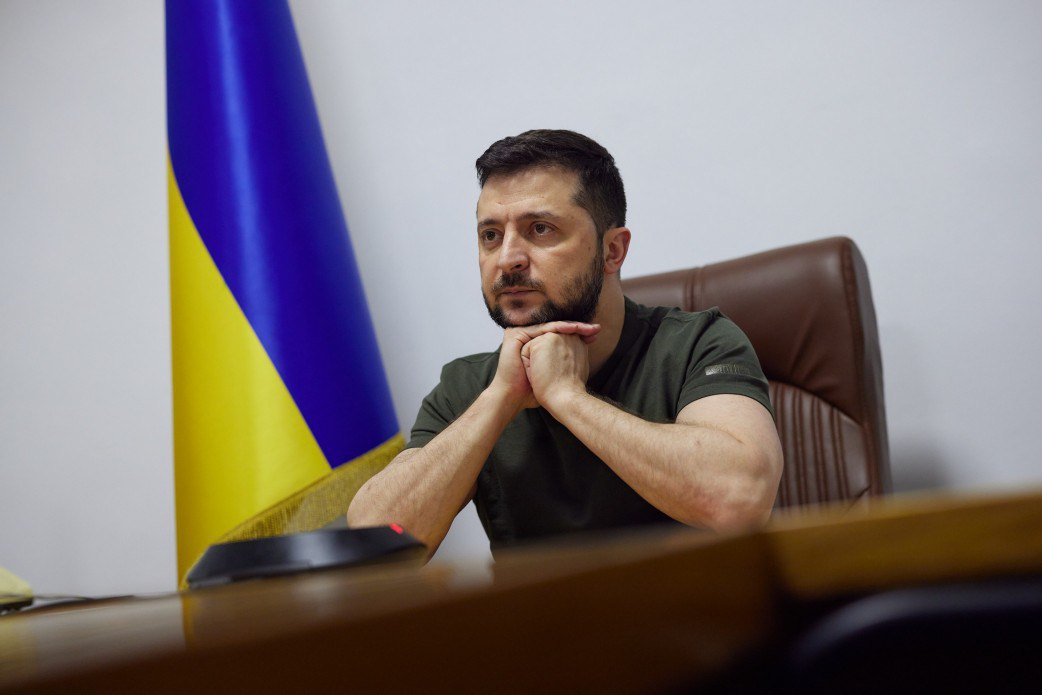
First. There were several agreements between Ukraine and Russia, not memoranda, that guaranteed the territorial integrity of our state on the part of the Russian Federation. The so-called Great Treaty of Friendship, Cooperation and Partnership, in which Russia pledged to respect Ukraine's sovereignty and reaffirmed the inviolability of the borders between the two countries. Moscow violated it at the time when it occupied Crimea and part of the Donbas.
The same happened with the Kharkiv Agreements, which recognized Ukraine's sovereignty, guaranteed the inviolability of its territories, including the Crimean peninsula, and obliged Russia not to deploy nuclear weapons and large numbers of troops there. Russia initially denounced these agreements unilaterally.
Again, this will not be the Minsk agreements or Budapest Memorandum – documents, which contained poorly drafted international commitments and relevant safeguards. However, Russia did not care about these agreements. The question arises: why will it not do the same with the peace agreement proposed by the current Ukrainian government?
Second. Russia puts an ‘equal’ sign between Ukraine's neutrality and its non-alignment. And it's not the same thing. Neutral status is the refusal of one country to attack another. Dot. Ukraine can be part of any alliance, but it states that it will never attack a particular state. I would also like to remind you, that it is not NATO that forms the main international agenda, but the UN Security Council, where Russia has a veto, where it can block any collective military decision.
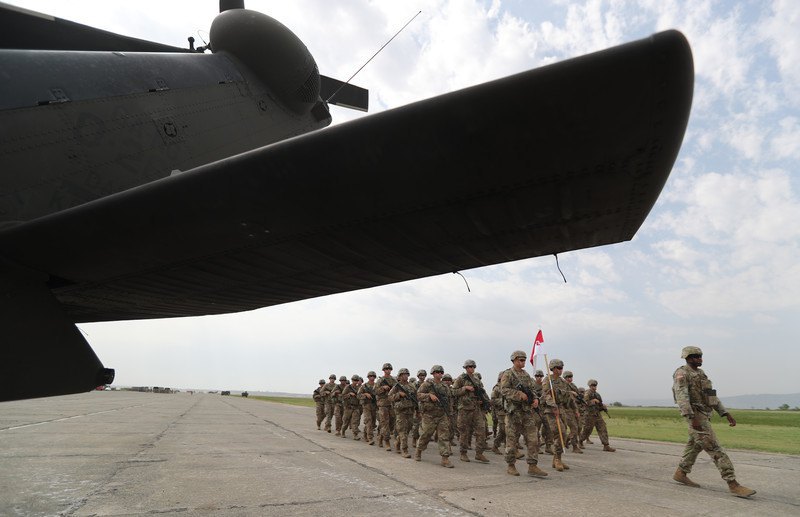
US soldiers open joint exercises at Vaziani military base near Tbilisi, Georgia 1 August 2018
Moreover, Article 5 of the Alliance's Charter does not provide for a purely military response in the event of an attack on a NATO member: it states that each member state takes its own steps to protect an ally, from sending troops and weapons to sanctions and declaring a deep concern.
There is another important point: for Russia, Ukraine's neutral status is the refusal of our country to join NATO and all alliances where Western countries or other rivals of Russia belong. The pro-Russian CSTO is not included in this list - we should always remember this.
Third. To resolve the issue of non-aligned status, the Ukrainian government must repeal the final provisions of the Constitution of Ukraine, which clearly sets out the strategic course for NATO membership. To this end, Ukrainian negotiators propose to hold an all-Ukrainian referendum, which, of course, should take place after the end of hostilities.
The law on the all-Ukrainian referendum, initiated by President Zelenskyy, clearly states that issues, that could undermine state sovereignty, the integrity of Ukraine, and pose a threat to national security in the long run, cannot be put to the attention of citizens.
The interpretation of this thesis can be twofold. Some may say that security guarantees and neutral status will improve the country's security, while others may say that abandoning NATO, even holding joint military exercises with the Alliance, could create conditions for Ukraine's weakening or, God forbid, another Russian attack.
Servicemen from Ukraine and 10 NATO member states and member countries of the Partnership for Peace Rapid Trident 2018 attended International Military Exercise Rapid Trident-2018.
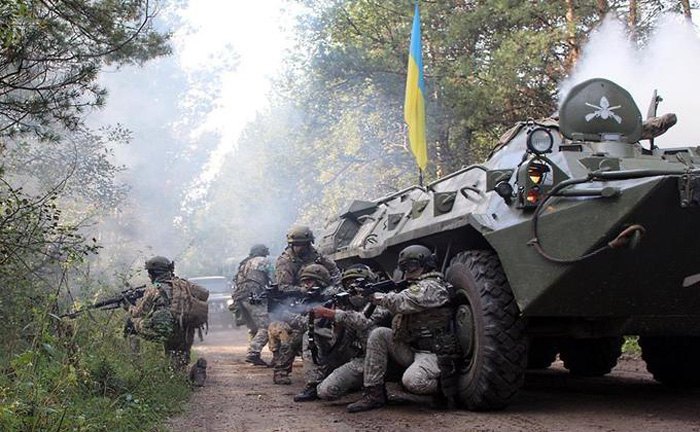
Then there are many important questions:
• is it possible to hold a referendum during a ceasefire, and will its outcome be legal?
• will a referendum be legitimate if it is not held in the newly occupied territories of Ukraine?
• what about the implementation of the statutory procedure for amending the Constitution, which takes two years and two votes in Parliament?
• when can such a referendum be held – before the agreement is signed and initialed or before it is ratified, etc.?
All these questions will need to be answered in the future.
Fourth. Ukraine is asking for security guarantees from NATO member states. If Ukraine is attacked, they will be obliged to defend our state, and therefore, their military will be attacked. In the event of an attack on the contingent of a NATO member state, our guarantor, the Alliance will have to respond. Perhaps Kyiv is trying to resolve two issues at once: the participation of NATO countries in the defense of our country in the absence of membership in the Organization, and the declaration of the neutral status required by Russia.
Fifth. However, it should be clearly understood that some countries, that are ready to guarantee our security, will not agree with Ukraine's requirements. Some will not want to make tough commitments, stating some reservations in the document, while others will believe that the agreement with Russia will now weaken Ukraine's position. We have already heard such statements from several capitals.
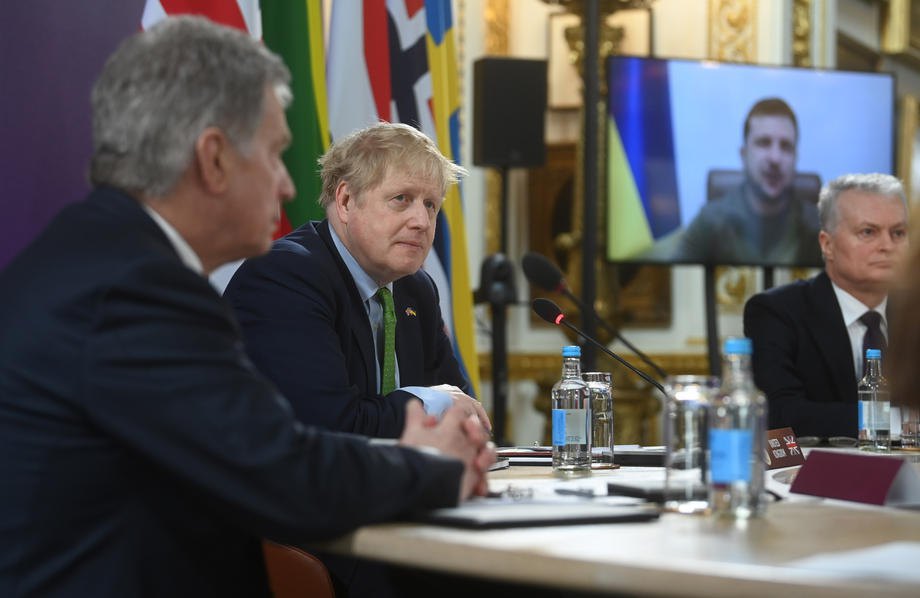
Some Western countries want Russia to be stuck in Ukraine, to be under strong economic pressure, so it will not be able to threaten Europe in the next five, ten, or fifteen years. The latter wants to get time for military training.
And the other states, such as Germany, want Ukraine to sign any peace treaty, and agree to most of Russia's demands, so they could return to normal trade with Russia.
It is also unclear how Russia should become a guarantor of Ukraine's security. The point is not only that Russia is currently an aggressor country, but that the guarantor must pay compensation to the injured party. It means that this clause must be enclosed in the agreement.
Here Ukraine must find its own way to protect its territory and citizens.
Now the main thing: is neutral status possible? Yes, but only if Ukraine receives guarantees of inviolability of its borders, if the agreement contains clear mechanisms of assistance to Ukraine in case of attack instead of consultations. Such mechanisms must include modern lethal weapons, new planes and helicopters, anti-missile systems, artillery, warships, and more. If the agreement anticipates mandatory support in the form of military contingents and sanctions policy, nuclear protection (when it comes to non-nuclear status). And if the guarantor countries commit in peacetime to help develop Ukraine's defense industry, supply and sell weapons to us, strengthen law enforcement agencies, provide any protection - from cyber to satellite.
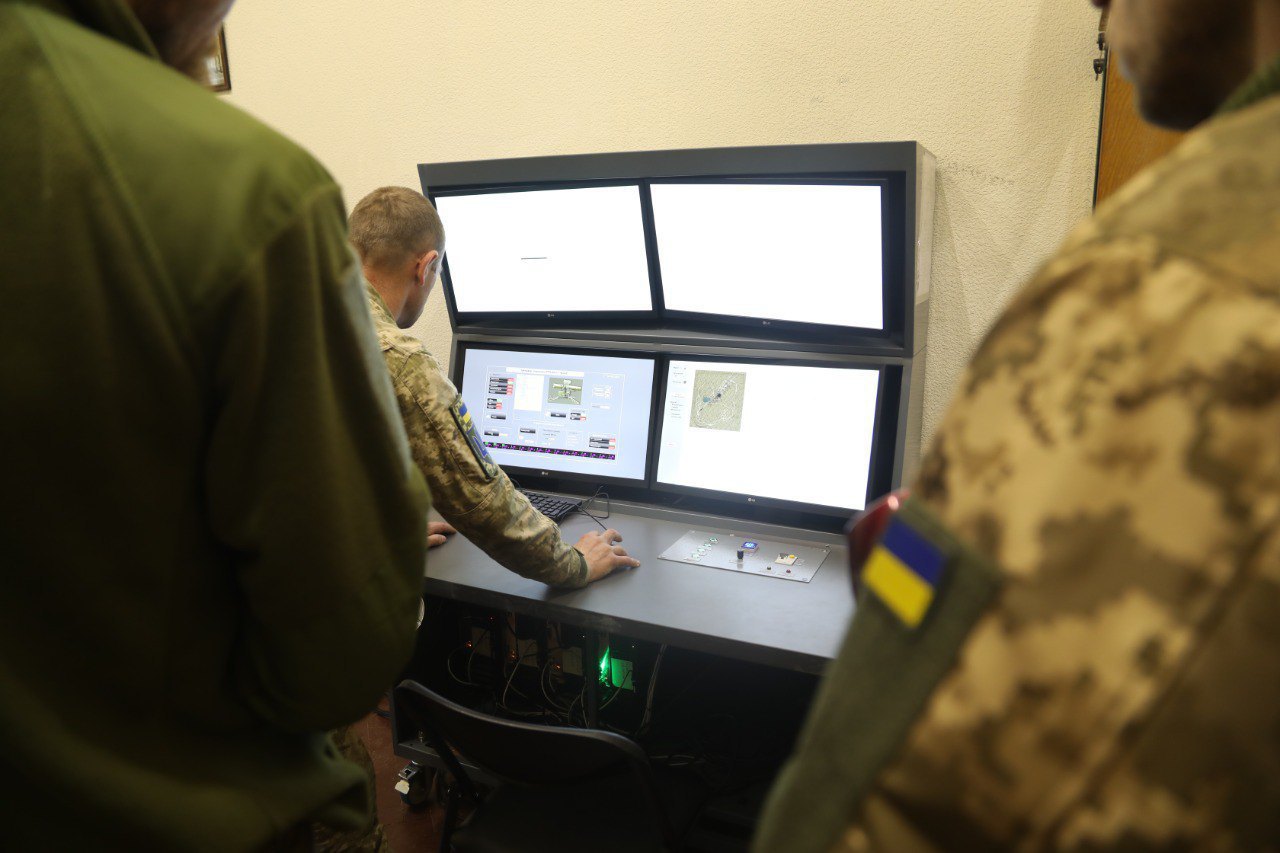
Photo: Ministry of Defense of Ukraine
“I need strong legal guarantees: weapons, manpower, sanctions policy, preventive reaction, not after thousands of people were killed, not after eight years of war in Donbas”, Volodymyr Zelenskyy emphasized.
And if not, Russia will use a weakened Ukraine, learn the lessons and attack us again.
However, it seems that the Ukrainian authorities are not going to act against the interests of Ukraine: Kyiv really wants to get maximum security guarantees. There is only one problem here - Russia and its position.
Kremlin’s ultimate goal
To be honest, all these issues, as well as the problems of settling the status of Crimea and Donbas, are not important. The point is that Russia is not going to do anything or sign anything yet. All that russian leadership agrees to sign today is an act of capitulation of Ukraine, which will definitely not happen.
Russia is negotiating, as it did during two Minsk processes by the way, with the sole purpose – to create the conditions for it to obtain many concessions and new territories. The only difference is that now Moscow has raised the stakes so high that it is not going to stop there, as well as be satisfied only with the capture of Donbas.
All that Russia is doing now is organizing a tactical pause for itself in order to concentrate its forces and start advancing in the southeast of Ukraine.
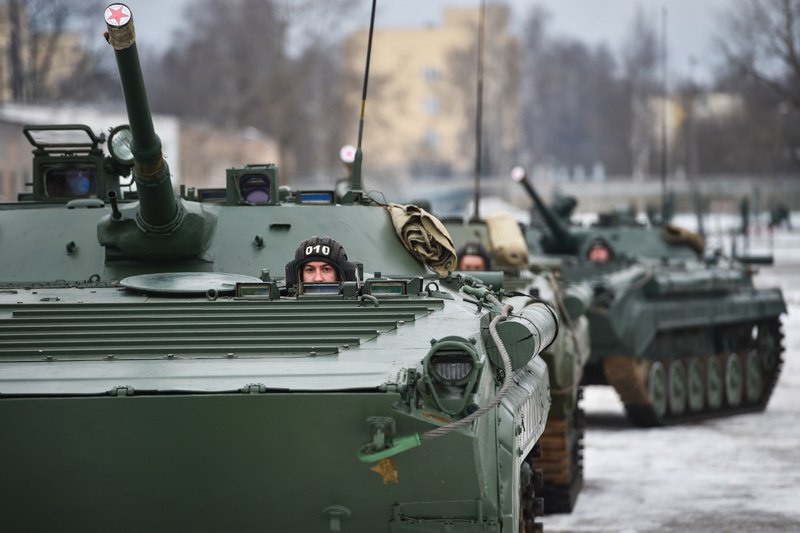
"Salami slicing tactics" - previously called the gradual ‘Sovietization’ of territories. In today's reality, this term takes on a similar color. And this is exactly what Russia is going to do in Ukraine because the blitzkrieg failed.
The more Russia gets bogged down in Ukraine, the more it digs into Donbas, the more pressure the West and its allies will put on it, the sooner we will get to the real negotiation process, where Ukraine will receive real, legally binding security guarantees.
Such a scenario is possible only in the case of a large contract such as Versailles or Potsdam. Meanwhile, due to the actions of the Russian Federation, Ukraine will be getting closer to the European Union - we are already talking about concrete actions to gain the status of a candidate for EU membership. In the end, Putin's actions launched a process of unification of the political nation, a process that Ukrainian society has been unable to achieve for centuries.
Moscow's strategic task will not change: it will also try and admire to seize Ukraine. Russia will not be able to do this only in one case: if it is weakened and busy with other issues. And what about the contract? It will just create opportunities for peace, which will also be temporary. After all, we need to understand, that Russia is a neighbor who is constantly at war, a neighbor who does not see his future without the heart of the empire - Ukraine. And Ukraine's task is to be the main artery of Europe.
"We should not cherish empty hopes that they (russians - LB.ua) will simply leave our land. We can only win the peace”, Volodymyr Zelenskyy said.









